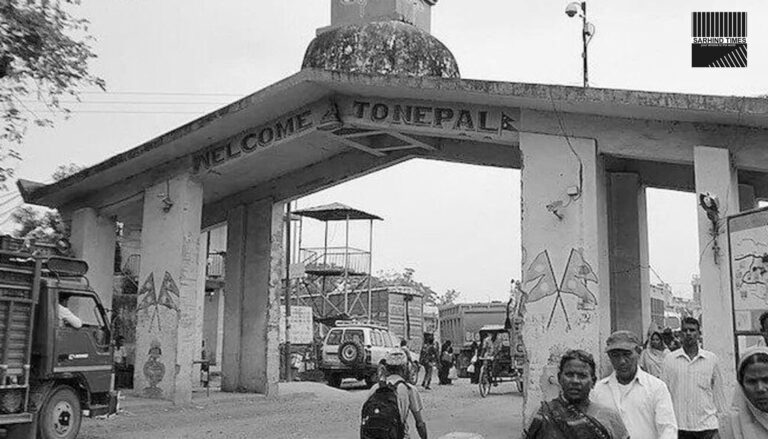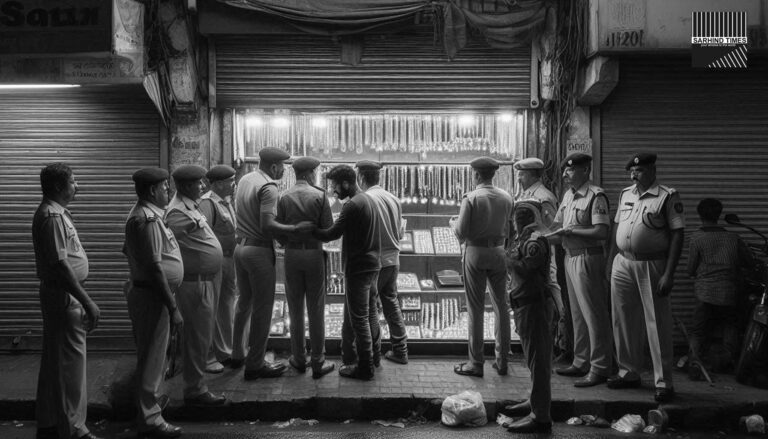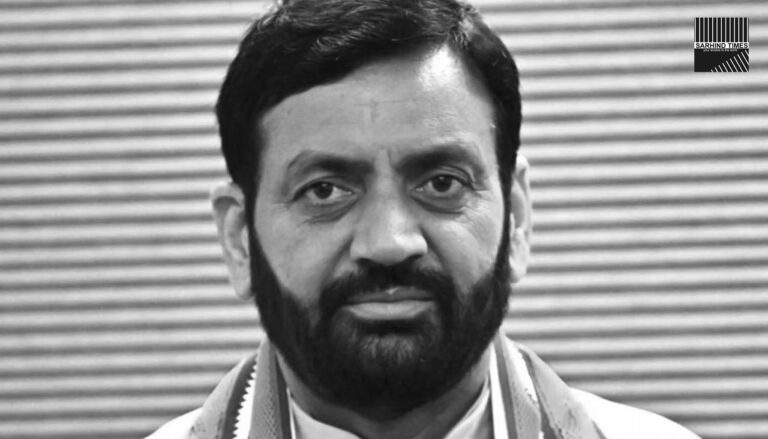New Delhi, June 26, 2024 — As the country prepares for the implementation of the new criminal laws on July 1, law enforcement agencies across India are fully equipped with the necessary technology, capacity building, and awareness generation. The new laws—Bharatiya Nyaya Sanhita (BNS), Bharatiya Nagarik Suraksha Sanhita (BNSS), and Bharatiya Sakshya Adhiniyam (BSA)—aim to replace the colonial-era Indian Penal Code (IPC), Criminal Procedure Code (CrPC), and Indian Evidence Act.
Massive Training and Awareness Initiatives
In preparation, over 5.65 lakh police, prison, forensic, judicial, and prosecution officials have been trained in the new criminal laws. Additionally, nearly 40 lakh grassroots-level functionaries have participated in webinars organized by various ministries to ensure public awareness of the new laws and their impact.
The National Crime Records Bureau (NCRB) has played a crucial role in this transition, providing technical assistance to states and Union Territories (UTs). The Bureau has formed 36 support teams and established call centers to offer continuous support and review.
Technological Advancements and Modifications
The Ministry of Home Affairs (MHA) has emphasized the use of technology in investigations, trials, and court proceedings. Consequently, the NCRB has made 23 functional modifications to the existing Crime and Criminal Tracking Networks and Systems (CCTNS) application to align with the new laws. The National Informatics Centre (NIC) has developed applications such as eSakshya, NyayShruti, and eSummon to facilitate videography and photography of crime scenes, judicial hearings, and the electronic delivery of court summons.
Capacity Building and Training Programs
The Bureau of Police Research and Development (BPR&D) has developed comprehensive training modules and conducted 250 training courses, webinars, and seminars, training 40,317 officers and personnel. States and UTs have also undertaken the capacity building of 5,84,174 individuals, including 5,65,746 police officers and personnel from prison, forensics, judicial, and prosecution sectors.
iGOT-Karmayogi Bharat and BPR&D have launched three training courses each on the new criminal laws, with 2,17,985 officials enrolled so far.
Public Awareness Campaigns
To ensure widespread public awareness, the ministries of Women and Child Development, Rural Development, and Panchayati Raj have conducted webinars, reaching nearly 40 lakh grassroots-level functionaries. The Department of Legal Affairs has organized four conferences in state capitals, involving a diverse array of delegates, including the Chief Justice of India, Supreme Court judges, high court judges, and domain experts.
The University Grants Commission (UGC) has distributed informative flyers to 1,200 universities and 40,000 colleges, while the All India Council for Technical Education (AICTE) has circulated them to approximately 9,000 institutions. Public broadcasters Doordarshan and Akashvani have also organized special programs to highlight significant provisions and benefits of the new laws.
Transition to Modern Legal Framework
The new criminal laws were introduced in Parliament on August 11 last year and were later sent to a parliamentary standing committee. After incorporating some of the panel’s suggestions, a revised set of bills was tabled on December 12, 2023, sparking heated debates in both houses.
The transition marks a significant step towards modernizing India’s legal framework, emphasizing technology, efficiency, and comprehensive legal education.
For continuous updates and detailed insights, visit Sarhind Times.






















+ There are no comments
Add yours